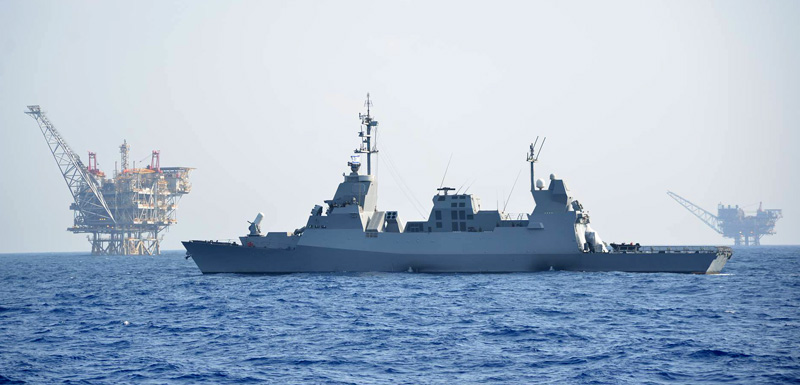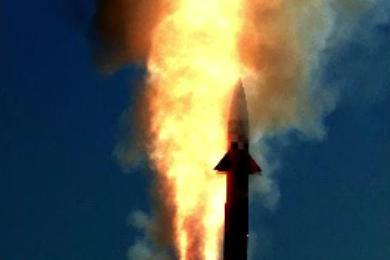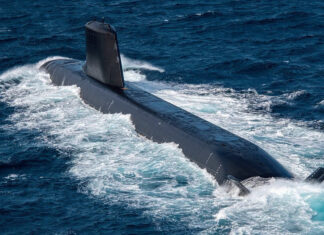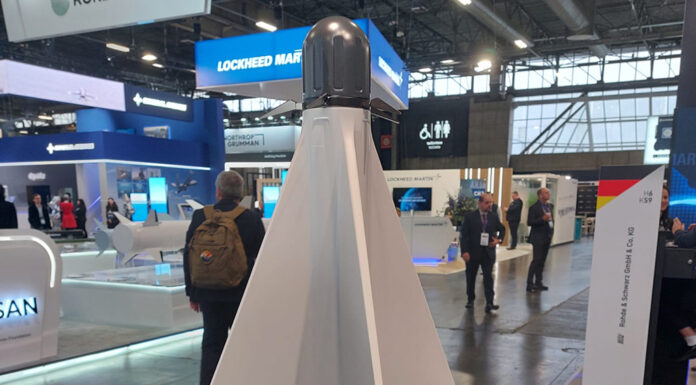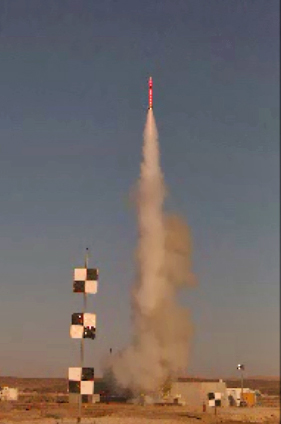
Today at 07:20 (Israel time), Israel Aerospace Industries (IAI), in collaboration with the Israeli Ministry of Defense (IMOD), conducted the first successful flight test of the Barak-8 Air & Missile Defense System. On this test, held at the weapon test range in the Negev desert the system employed all the elements related to the naval and land-based variants of the system, including the phased array radar, battle management system, communications and the Barak-8 interceptor, which intercepted a manoeuvring air-breathing target representing an attacking combat aircraft.
The successful test validated the entire system which has already undergone exhaustive partial testing and simulations. The flight test has been delayed for months due to late arrival of parts of the propulsion systems, which have been released by India in the past months. Senior Indian officials attended the test. “This is an important milestone in the cooperation between India and Israel and in the development of the Barak-8 advanced air defense system” Dr. Avinash Chander, Head of DRDO and Scientific adviser to the Indian defense minister.
Barak 8 is also designed to defeat advanced threats such as the supersonic cruise missiles such as the Chinese CX-1 or Russian Yakhont
“The Barak-8 project expresses a constructive cooperation between the Indian DRDO, the Israeli DDR&D and both countries’ Defense Forces; together they have all pushed forward this important program, overcoming technological challenges and earning achievements along the way.” Rear Admiral (Res.) Ophir Shoham, head of Israel’s Research and Development directorate added.
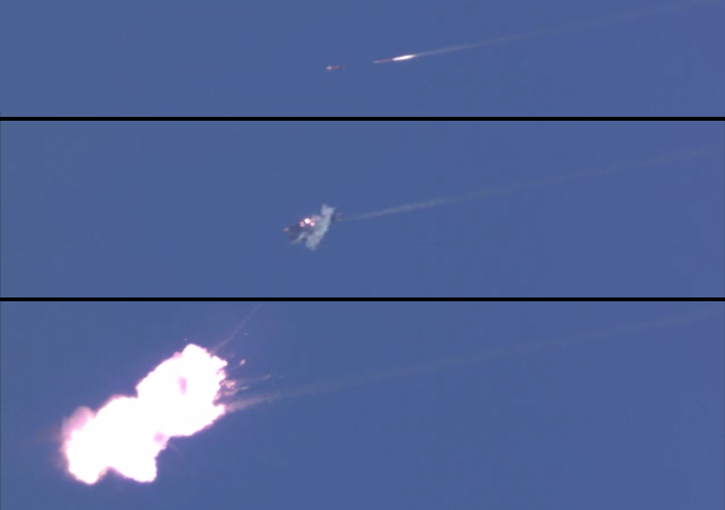
Barak 8 provides high level of protection against a variety of aerial platforms and munitions including aircraft, helicopters, unmanned aircraft and sea-skimming missiles under all weather conditions. In addition to conventional sea skimming missiles, which fly in subsonic speed, Barak 8 is also designed to defeat advanced threats such as the supersonic cruise missiles such as the new CX-1 or Yakhont.
IAI officials are confident that the system could become operational in few months
Its interceptor is a missile developed by RAFAEL, in collaboration with India’s Defense Research and Development Organization (DRDO). Other key elements are the advanced phased array multi mission radar, two-way data link, and flexible command and control system enabling the system to be used as an area defense system, by integrating several fire units, sensors and command centers into an air defense ‘networked mesh’.
The system is scheduled to go through an accelerated testing campaign in the next years, which will include more verification tests, and launches at sea launches. Some of the tests are expected to take place in India. Although the missile testing have only started, IAI officials are confident that the system could become operational in few months, as most of the system’s elements have been thoroughly tested, some are already installed on surface ships in India and Israel.
Barak 8 air defense systems have been marketed by IAI and DRDO for several years, and have orders worth several billion US$ from a number of countries on books. Apart from India and Israel, Azerbaijan reportedly became a customer for the system. IAI is offering the system as new installations on surface vessels, as well as an upgrading of existing Barak-1 systems, providing extended coverage, providing air defense of naval groups, rather than the point defense of the carrying vessel, provided by Barak-1. Barak-1 systems are currently operational with the Navies of India, Chile, Singapore and Israel.
